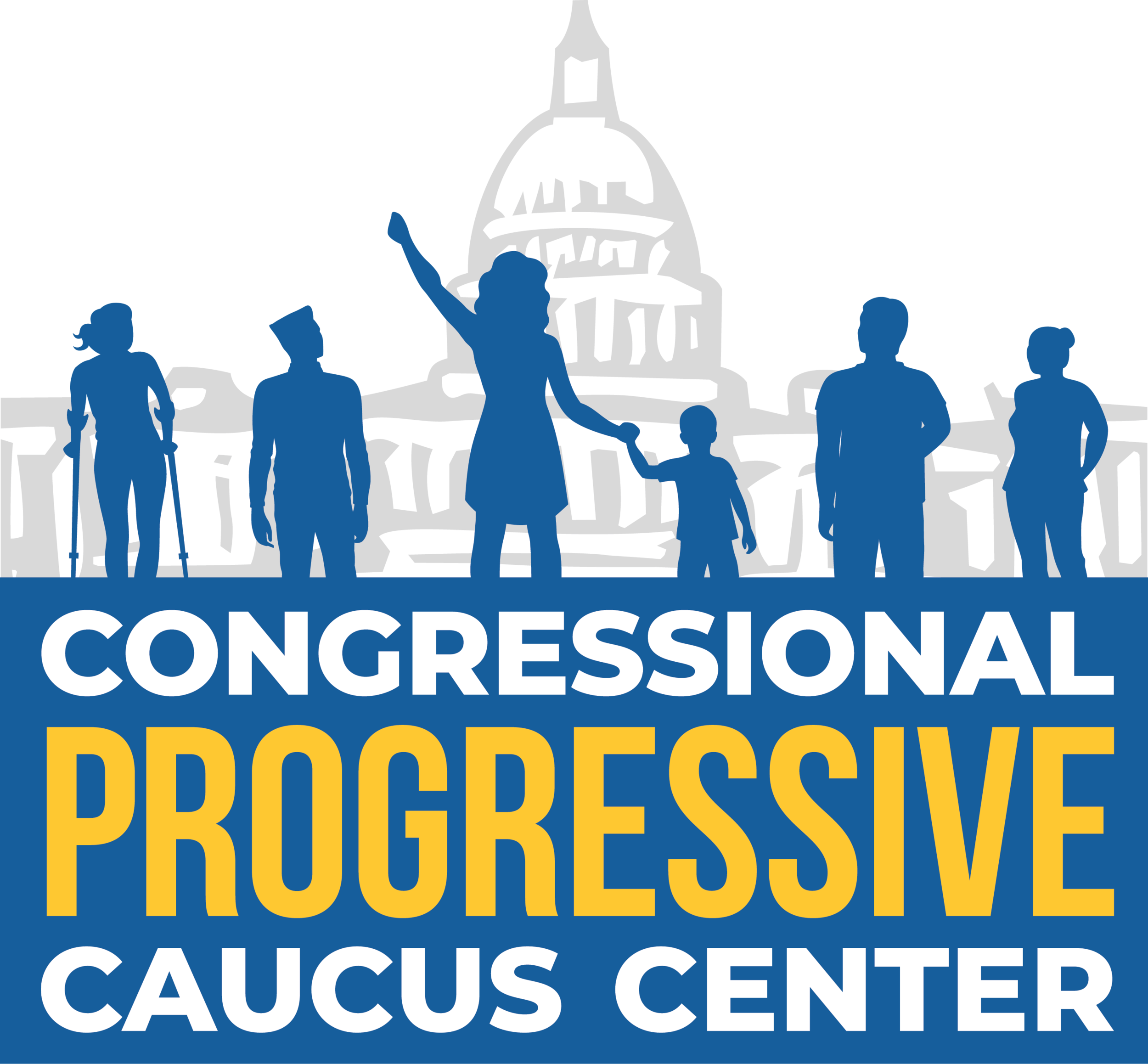October 20, 2023: Key Questions as the House Remains Speaker-less
The CPC Center is sharing another update during a pivotal moment in Congress to help you navigate arcane rules and processes and determine next steps. The House has now gone 17 days without a Speaker and now has no Speaker-designee. While this information is incredibly fluid, here’s what you need to know.
Can the House function—i.e., pass legislation—without a Speaker?
House rules say no. House Rules Committee Ranking Member Jim McGovern states, “the authority of the acting Speaker pro tempore is strictly ministerial and the position’s sole role is to guide the House toward the election of a new Speaker or Speaker pro tempore.” A plain reading of House rules (Clause 8(b)(3) of Rule I) and records from this rule’s creation back this up. However, some Republican members and operatives argue this interpretation is too narrow and that acting Speaker pro tempore Patrick McHenry could bring legislation before the House. McHenry rejects that interpretation and has threatened to resign if Republicans choose that path.
Could the House vote to give McHenry explicit authority to move legislation?
It could, but it’s not clear it will. McHenry said today he would be willing to serve if the House voted to formalize his authority. Earlier this week, GOP Rep. David Joyce floated a resolution to let McHenry bring legislation before the House until January 3. Joyce did not file the resolution, so It’s not clear exactly how much authority this resolution would offer or what constraints, if any, it would place on McHenry. But there are obstacles. First, numerous Republicans think McHenry already has power. They may not support a measure they consider unnecessary. Second, several GOP lawmakers oppose giving McHenry temporary powers and want to see a proper Speaker elected. Rep. Jim Banks predicted yesterday that “more than half of Republicans” would reject the Joyce proposal, meaning it would need Democratic votes to pass. Republicans’ positions could change as more time passes without a Speaker.
Where are House Democrats on this?
House Democrats have consistently expressed their willingness to negotiate a bipartisan governing coalition. CPC Chair Pramila Jayapal reiterated Democrats’ position yesterday.
What does this mean for a potential shutdown on November 17?
No option guarantees that Congress will pass a government funding bill(s) or a stopgap measure in time to avoid a shutdown. McHenry won’t move legislation if he remains in an acting capacity. Of course, if a shutdown is looming and there’s still no Speaker, his stance could change. Similarly, if the Senate approves the White House’s supplemental funding request for Ukraine, Israel, and other matters, McHenry could feel heightened pressure to act—and if he sets the precedent that he can move legislation, lawmakers may push him to continue doing so.

